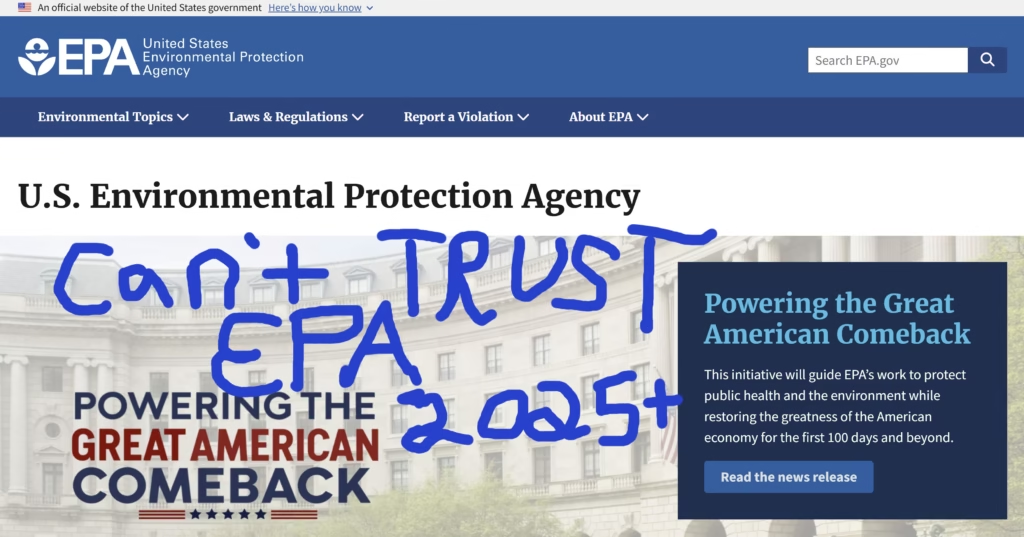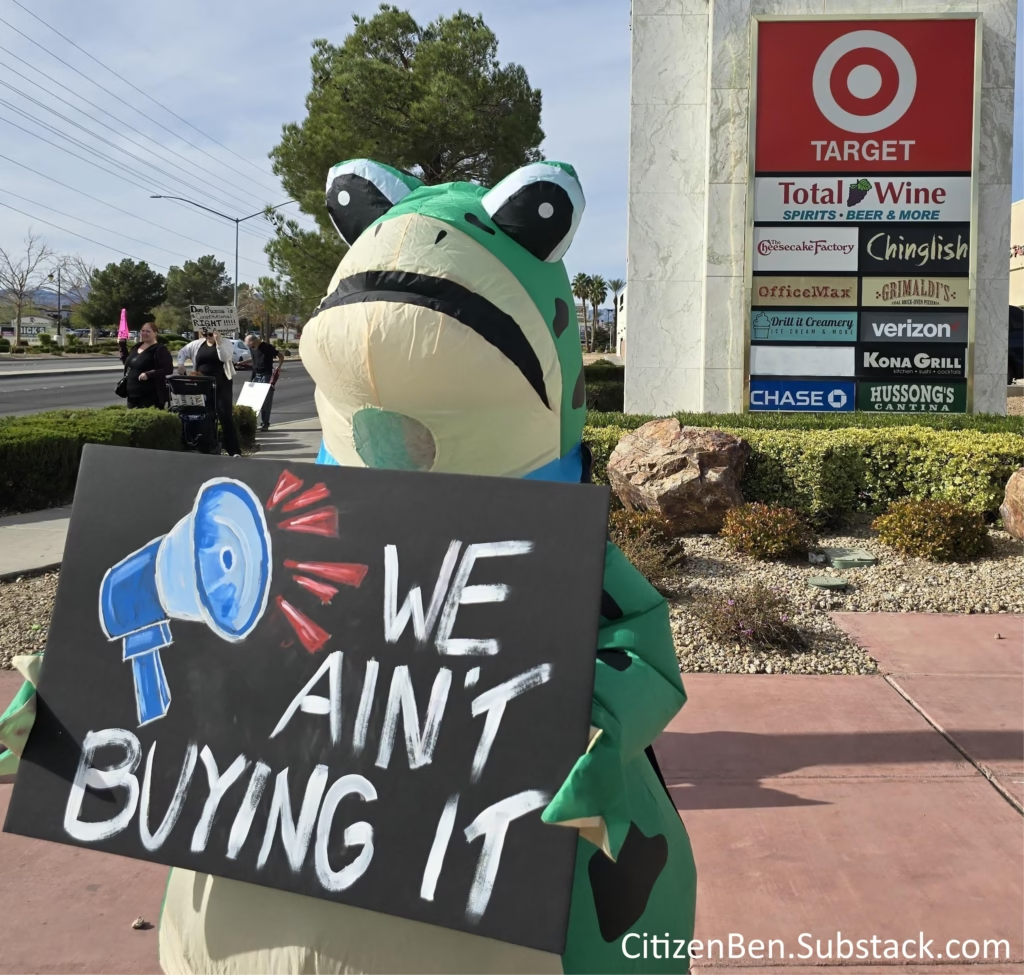By Ben Cable (Originally posted on Citizen Ben on Substack)
To be frank, I am sick of the Republican Party demonizing DEI. Diversity, Equity, and Inclusion initiatives have become integral to the fabric of modern American institutions, driving positive outcomes across businesses, educational establishments, government bodies, and our society at large. Here is a deeper dive into how embracing DEI principles fosters growth, innovation, and cohesion.

Photo by Edwin Andrade on Unsplash
Businesses: Unleashing Innovation and Performance
When I was a manager for a major global insurance company, American International Group (AIG), Diversity, Equity, and Inclusion was not a “moral” imperative, but a catalyst for innovation and profitability.
Companies that prioritize diverse perspectives are better equipped to understand and serve a multifaceted customer base, leading to enhanced performance. For instance, Starbucks CEO Brian Niccol recently reaffirmed the company’s commitment to DEI, highlighting it as a core strength that reflects the diversity of its customers and partners across 40,000 stores in 88 markets. Niccol emphasized that maintaining a diverse workforce is crucial for the company’s success and resilience in a global market.
A McKinsey & Company report found that businesses with higher gender and racial diversity in leadership are more likely to outperform their competitors financially. This means that when society prioritizes DEI, inclusion improves, and economic prosperity grows for everyone.
Educational Institutions: Enriching Learning Experiences
Schools and universities that embraced DEI principles created environments where all students felt valued, leading to richer educational experiences. Research indicates that diverse classrooms encourage critical thinking and prepare students for global citizenship. A recent report from the Greater Good Science Center at UC Berkeley underscores that celebrating contributions from Black, Latino, Indigenous, and Asian Americans strengthens their sense of belonging and improves performance in academic settings.
Programs like First-Generation College Student Initiatives at institutions like Harvard and UCLA helped bridge the gap for students from low-income and marginalized backgrounds, ensuring they have equal access to education and career opportunities.
Government: Reflecting and Serving Diverse Communities
A government that mirrors the diversity of its populace is better positioned to address the unique needs of its citizens. Efforts to strengthen DEI within the federal workforce aim to cultivate a workforce that draws from the full diversity of the nation. This commitment ensures that policies and services are equitable and effective, fostering trust and engagement among all community members.
Society: Building Cohesion and Justice
At the societal level, DEI initiatives promote social cohesion and justice. Organizations like the YWCA Southwestern Illinois honor individuals dedicated to empowering women and promoting racial justice. Recently, they recognized leaders such as Anne Johnson, Rebecca Cowart, and Dr. Jerrica Ampadu for their contributions to education, community development, and healthcare. These efforts exemplify how DEI initiatives can lead to tangible improvements in community well-being and unity.
Communities: Empowering Local Initiatives and Social Justice
DEI fosters stronger, more resilient communities by addressing inequities and creating opportunities for every American citizen.
🔹 Community Development Programs: Cities like Minneapolis and Atlanta have implemented DEI-focused programs to address historical inequities, including affordable housing initiatives and small business grants targeted at underrepresented entrepreneurs. These efforts help close the racial wealth gap and provide economic mobility.
🔹 Public Safety & Criminal Justice Reform:
Programs like the Restorative Justice Initiative in California emphasize DEI principles by focusing on rehabilitation rather than punishment, reducing incarceration rates, and fostering safer communities. Police departments incorporating DEI training have also reported improved relations between officers and the communities they serve.
🔹 Healthcare Equity: Organizations like Black Doctors COVID-19 Consortium have played a crucial role in bridging racial disparities in healthcare by providing vaccines and medical care to underserved communities. The impact of these efforts has led to policy changes, ensuring healthcare access for all.
Conclusion
DEI initiatives are NOT about exclusion or division; they are about ensuring that every individual has the opportunity to contribute to American society and reach their full potential. From stronger economies and communities to improved education and military readiness, diversity, equity, and inclusion strengthen the United States in every way.
The future belongs to those who embrace inclusivity, foster equity, and recognize that our differences strengthen us.





